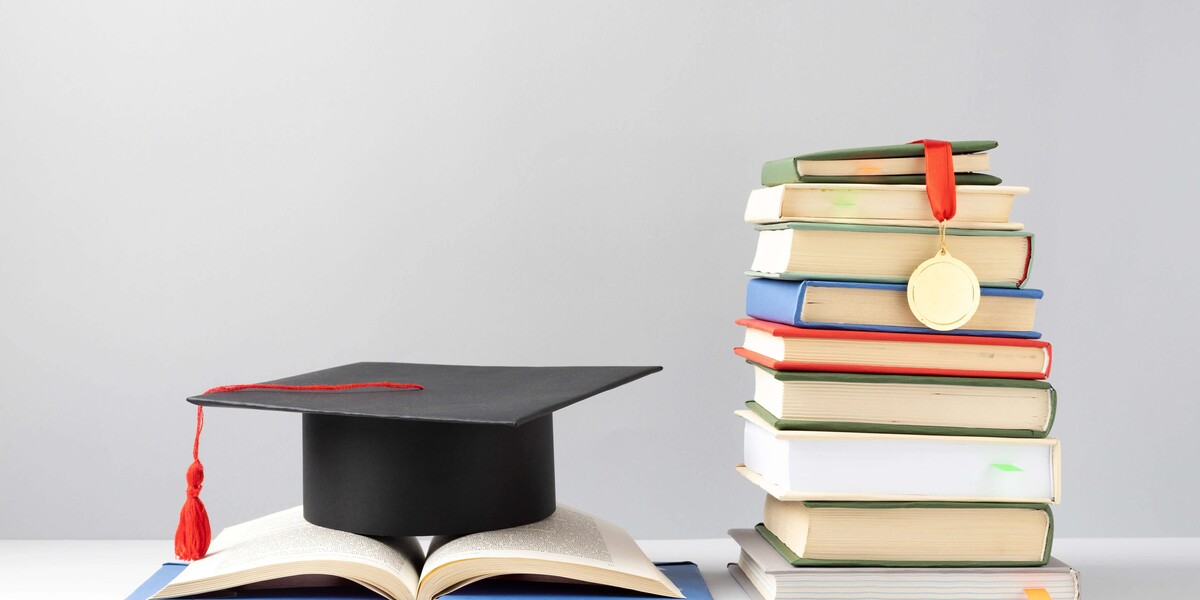

The UAE is known for its rapid modernisation and development, particularly in education. The country has invested heavily in its education system to create a knowledge-based economy.
This article will give a brief overview of the education system in the UAE, focusing on Dubai’s educational system.
The education system in the UAE combines its rich cultural heritage with a framework that meets international standards. It has three main divisions: primary, secondary, and postsecondary education.
For pupils ages six to twelve, primary education is required in the UAE. Social studies, science, maths, Arabic, and English are among the topics included in the curriculum. The goal is to give pupils a solid foundation in Arabic and English that reflects the nation’s multicultural nature.
In the UAE, secondary education is crucial to the education system. It is mandatory for all students until they turn 18 or complete grade 12. This phase of education provides students with a comprehensive education that prepares them for higher education or vocational paths.
Students can choose a more specialised curriculum that prepares them for further studies or career opportunities. The curriculum prioritises science, technology, engineering, and mathematics (STEM) courses, which aligns with the UAE’s goal of becoming a global innovation centre.
The UAE offers a range of tertiary education options, including universities and vocational schools. The higher education system emphasises innovation and research, providing students with specialised knowledge and skills.
The UAE has several well-known universities, including the American University in Dubai, Zayed University, and United Arab Emirates University. These universities support the country’s goal of creating a knowledge-based economy by offering students a range of academic and career options - from STEM to the arts. The universities have modern facilities and a global perspective, which helps students develop critical thinking and cultural awareness.
Dubai, one of the emirates in the UAE, has a diverse and lively education system. The city has many international schools that offer different curricula, such as American, British, Indian, and International Baccalaureate (IB). This diversity caters to the cultural and educational interests of families and reflects the expatriate population of Dubai.
Dubai has public schools that follow the UAE Ministry of Education’s curriculum. The government has taken steps to improve the quality of public school education and ensure that it meets international standards.
The UAE tops the region among nations with five or more ranked institutions, scoring 79.5 overall. The UAE’s education system has advanced significantly internationally. Numerous global evaluations and rankings emphasise the nation’s dedication to academic success. The performance of 15-year-old children in reading, science, and maths is evaluated by the Programme for International Student Assessment (PISA). The UAE’s PISA rankings have steadily improved, demonstrating the success of its educational reforms.
Furthermore, several UAE universities are listed in the QS World University Rankings, including the American University of Sharjah, the University of Sharjah, and Khalifa University. These establishments support the UAE’s standing as the centre of the Middle East’s higher education system.
Students from so many countries flock to the UAE for studies. Here are a few reasons why the education system in the UAE is sought after:
The UAE is an excellent place for international students to study because of its multicultural atmosphere. Students’ educational experience is enhanced by exposure to various cultures and viewpoints, which also helps them prepare for a globalised world.
In its educational system, the UAE strongly emphasises innovation and technology. The nation’s postsecondary schools frequently offer state-of-the-art resources and research opportunities, creating a vibrant and innovative learning environment.
Studying in the UAE exposes students to a thriving economy as it is a hub for global trade and business. This advantageous location may open doors to worthwhile networking events and international corporate internships.
Aside from academics, studying in the UAE allows students to engage with the diverse cultural landscape. Students can enjoy a range of recreational and cultural experiences, from historical sites to contemporary attractions, boosting their overall educational journey.
The UAE is committed to education and cultural heritage. The Ibn Battuta Mall in Dubai is an excellent example of this. It’s named after the famous explorer and represents the UAE’s appreciation for history, exploration, and cultural diversity.
Although it’s not part of education in Dubai, it complements the educational experience in the UAE by offering students a broader perspective on global history and cultures. As we conclude our investigation of the education system in the UAE, it’s important to remember that the nation values quality both inside and outside the classroom.
Share this article Share
Share this article Share
